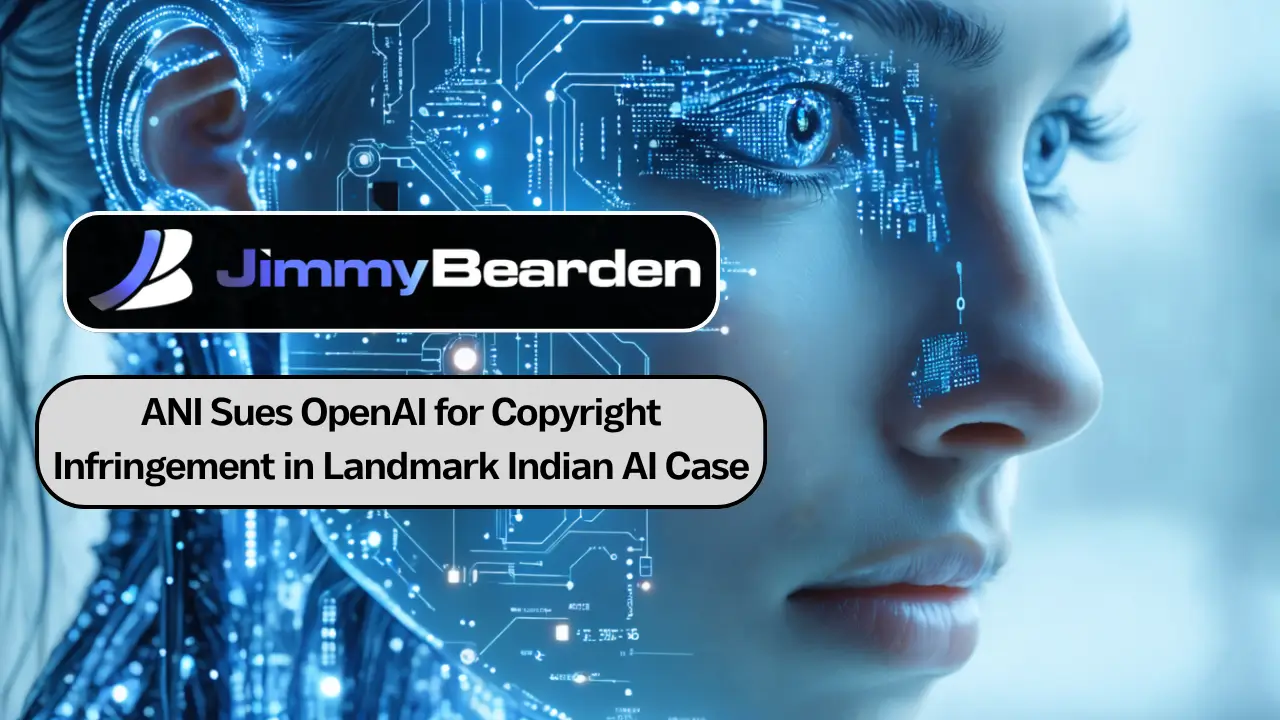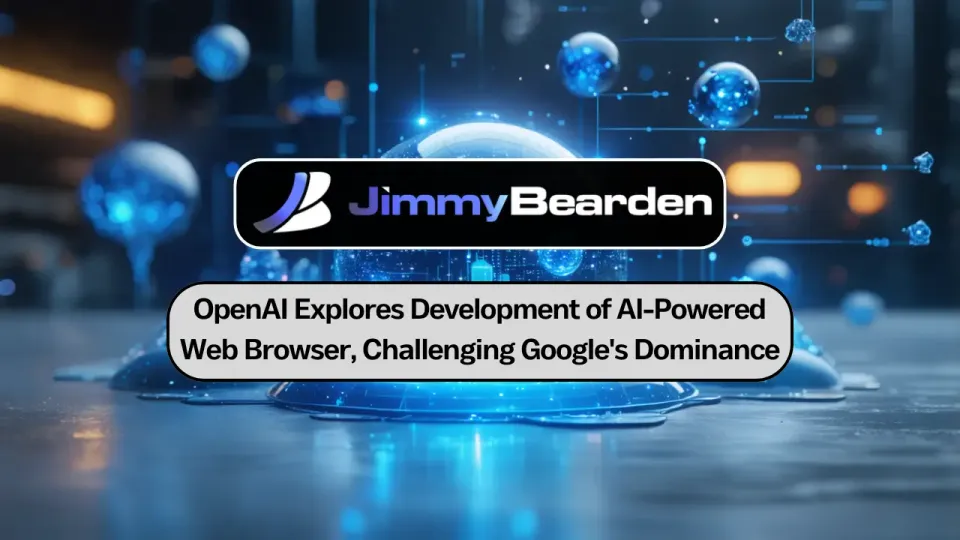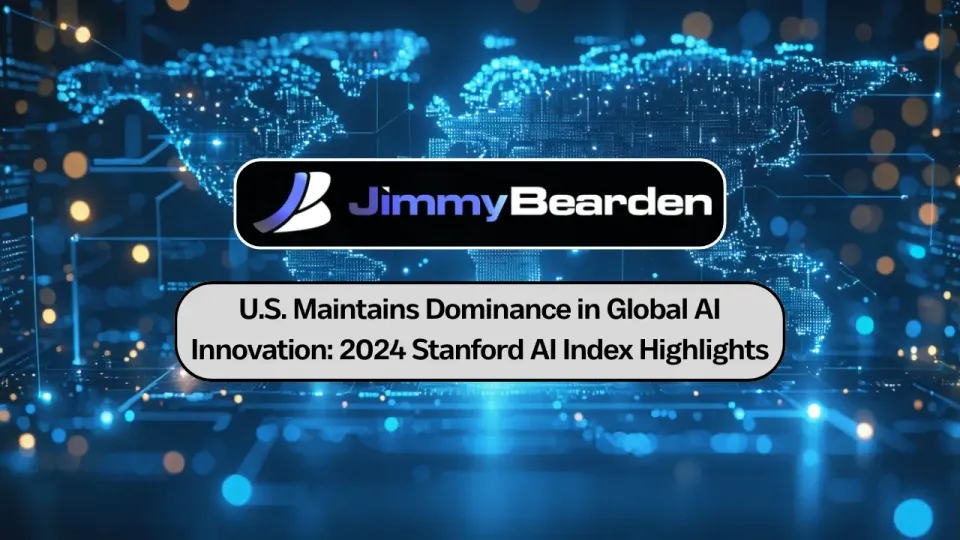ANI Sues OpenAI for Copyright Infringement in Landmark Indian AI Case

ANI's Copyright Infringement Lawsuit Against OpenAI: A Landmark Case in India
In a significant legal development, Asian News International (ANI) has filed a lawsuit against OpenAI in the Delhi High Court, alleging unauthorized use of its news content to train the ChatGPT AI model. This case marks the first of its kind in India, raising important questions about copyright infringement in the age of artificial intelligence.
ANI's primary allegation is that OpenAI has stored and utilized ANI's content without obtaining proper licensing or permission, using it to generate responses in ChatGPT. This, according to ANI, constitutes a clear violation of their copyright. The news agency is seeking damages of 20 million rupees ($236,910) and a permanent injunction to prevent OpenAI from using ANI's works in any capacity.
The Complexities of AI and Copyright Law
Recognizing the complexity of the case, Justice Amit Bansal has decided to appoint an amicus curiae to assist in the proceedings. This decision underscores the broader implications of AI advancements on existing copyright laws, potentially setting a precedent for future cases in India and beyond.
OpenAI's defense includes claims that ANI's website has been blocked since October 2024 to prevent further use of its content. However, ANI contends that ChatGPT continues to use its works even after this block was implemented. This dispute highlights the challenges in controlling and tracking the use of copyrighted material in AI training datasets.
Global Implications and Jurisdictional Challenges
The case against OpenAI in India is not an isolated incident. Similar lawsuits have been filed in other countries, including 13 in the United States, two in Canada, and one in Germany. This global legal scrutiny reflects the widespread concerns about AI's impact on copyright and intellectual property rights.
Adding another layer of complexity to the case, OpenAI's counsel has challenged the territorial jurisdiction of the Delhi High Court. They argue that OpenAI operates internationally without any servers or offices in India, raising questions about the appropriate legal venue for such disputes.
As the next hearing approaches on January 28, 2025, both parties have been directed to file detailed responses. The outcome of this case could have far-reaching implications for the future of AI development, copyright law, and the protection of intellectual property in the digital age. It underscores the need for clearer regulations and guidelines governing the use of copyrighted material in AI training, balancing innovation with the rights of content creators.
"Joining this community has been a game-changer for staying updated on the latest trends & events!" - John B.





